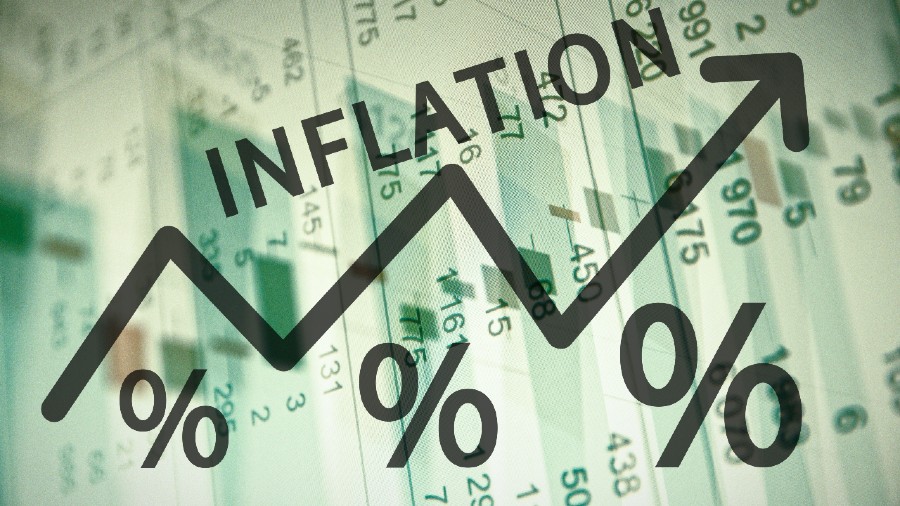The additional government spending on subsidies and the recent cuts in fuel excise duties pose a threat to the budget deficit even as global factors may slow down growth, the finance ministry said in its monthly economic report.
The ministry said the economy faces a lower risk of stagflation — a situation of low growth and high inflation. “India faces near-term challenges in managing its fiscal deficit, sustaining economic growth, reining in inflation and containing the current account deficit while maintaining a fair value of the Indian currency,” the report said.
Near-term challenges need to be managed without sacrificing the hard-earned macroeconomic stability, it said. “Many countries, especially developed countries, face similar challenges.
India is relatively better placed to weather these challenges because of its financial sector stability and its vaccination success in enabling the economy to open up,” the report said India’s medium-ter m growth prospects remain bright as pent-up capacity expansion in the private sector will drive capital formation and employment generation in the rest of this decade. D.K. Pant, chief economist at India Ratings, said: “At present, stagflation is not a concern for the Indian economy. However, if higher inflation continues, it will pull down the growth rate.”
He said higher inflation is being reflected in the interest rate on government borrowing. The increased cost of borrowing will lead to higher fiscal deficit from the next fiscal. “Risks to stagflation are low because in India inflation has risen to 7-8 per cent from the target of 4-5 per cent, whereas in some of the other developed economies it has risen to 8-9 per cent against the target of 2 per cent, ” Rajani Sinha, chief economist, CareEdge, said.











